Private Mortgage Insurance (PMI) is a sizable expense during the process of buying a home that many overlook until it impacts their financial decisions. Understanding PMI, its purpose, and strategies to manage or eliminate it can save you thousands of dollars over the life of your mortgage.
3 Ways To Avoid Mortgage Insurance
When you are buying a home, you may run into a number of hurdles to complete the purchase. One of the items that you may be asked to purchase is called private mortgage insurance, often shortened to PMI. This is a unique insurance policy that your lender, such as the credit union or bank, may ask you to buy in order to protect themselves. In this insurance policy, the bank protects themselves against losing money if you end up defaulting on your loan.
How Do I Get Rid of PMI?
PMI (Private Mortgage Insurance) is a type of insurance that lenders may require borrowers to pay if they have a down payment of less than 20% of the home’s purchase price. The purpose of PMI is to protect the lender in case the borrower defaults on the loan. However, once you have paid off enough of your mortgage or your home has appreciated in value, you may be able to get rid of PMI.
What Is Mortgage Insurance?
When it comes to putting a down payment on a house, most lenders are going to ask for 20 percent; however, some lenders will be willing to accept a smaller down payment in exchange for something else. That something else is usually mortgage insurance. If a lender says they are asking for mortgage insurance, which is also shortened to PMI, it is important for everyone to know what this means.
FHA Down Payment Requirements: Homeownership Without A Big Savings Account
Buying a home for the first time can be a challenge. One of the tools created to help people buy a home for the first time comes in the form of FHA loans. There were loans that were supported by the Federal Housing Administration (FHA). They can require a down payment that is as low as 3.5 percent.


